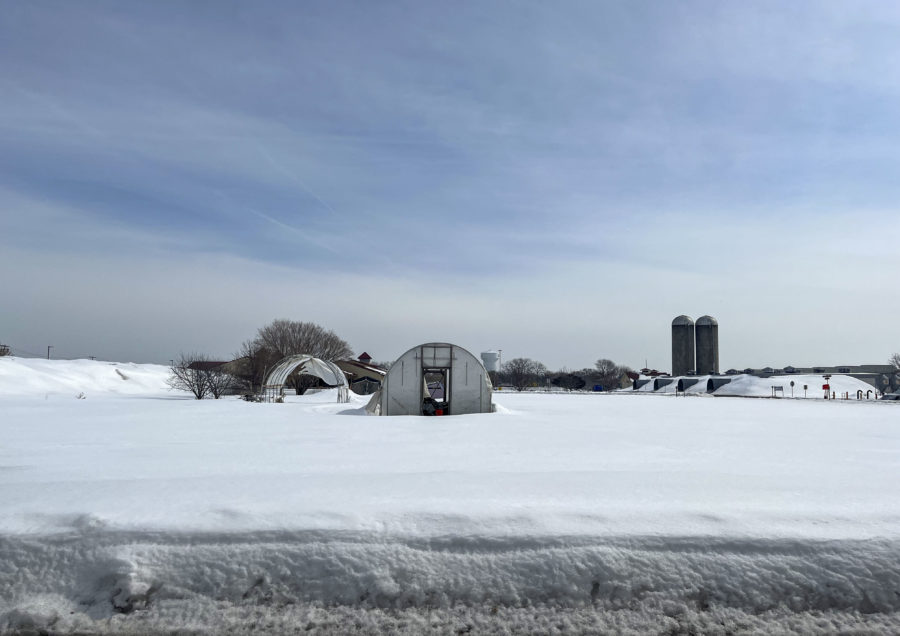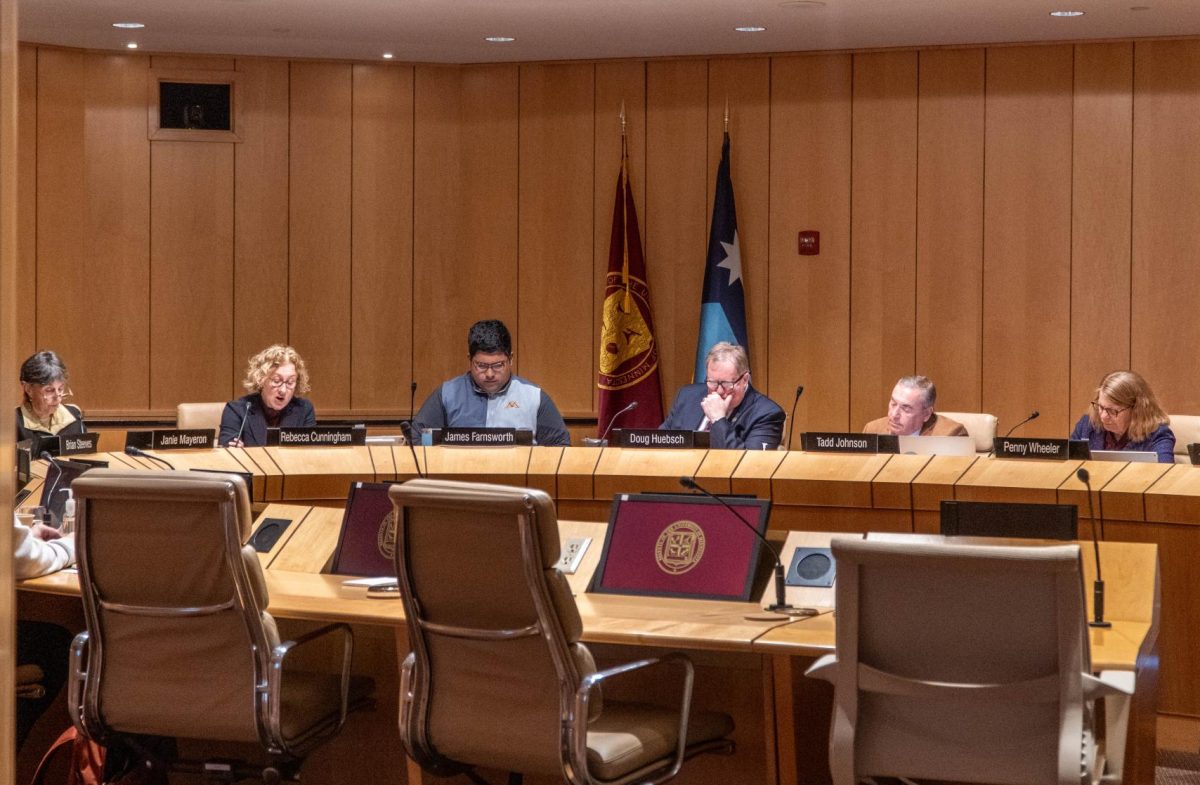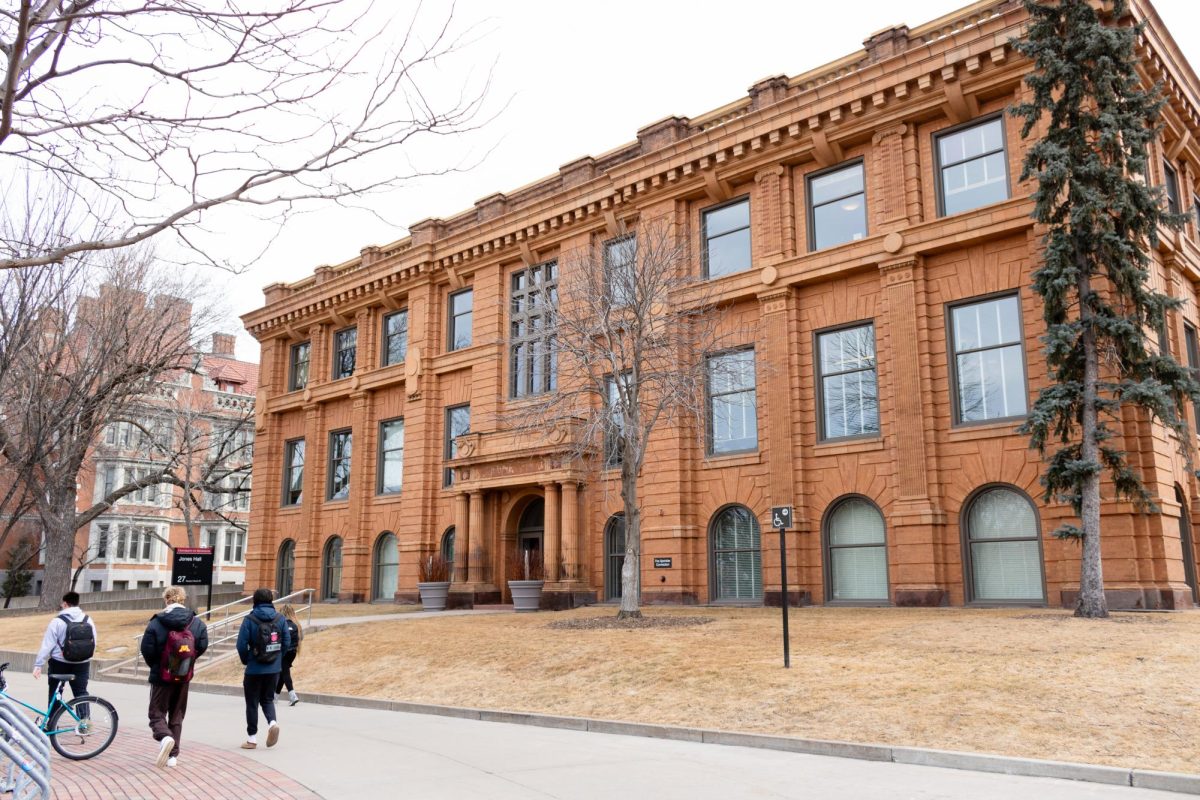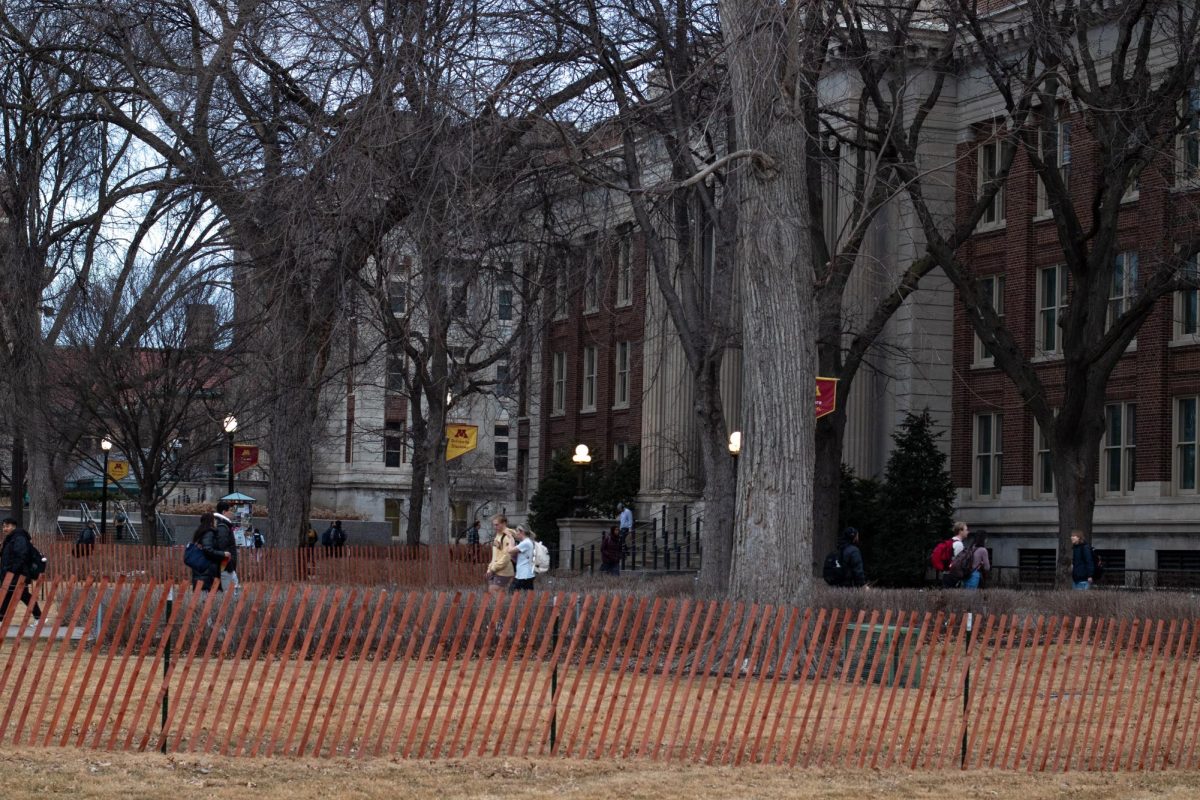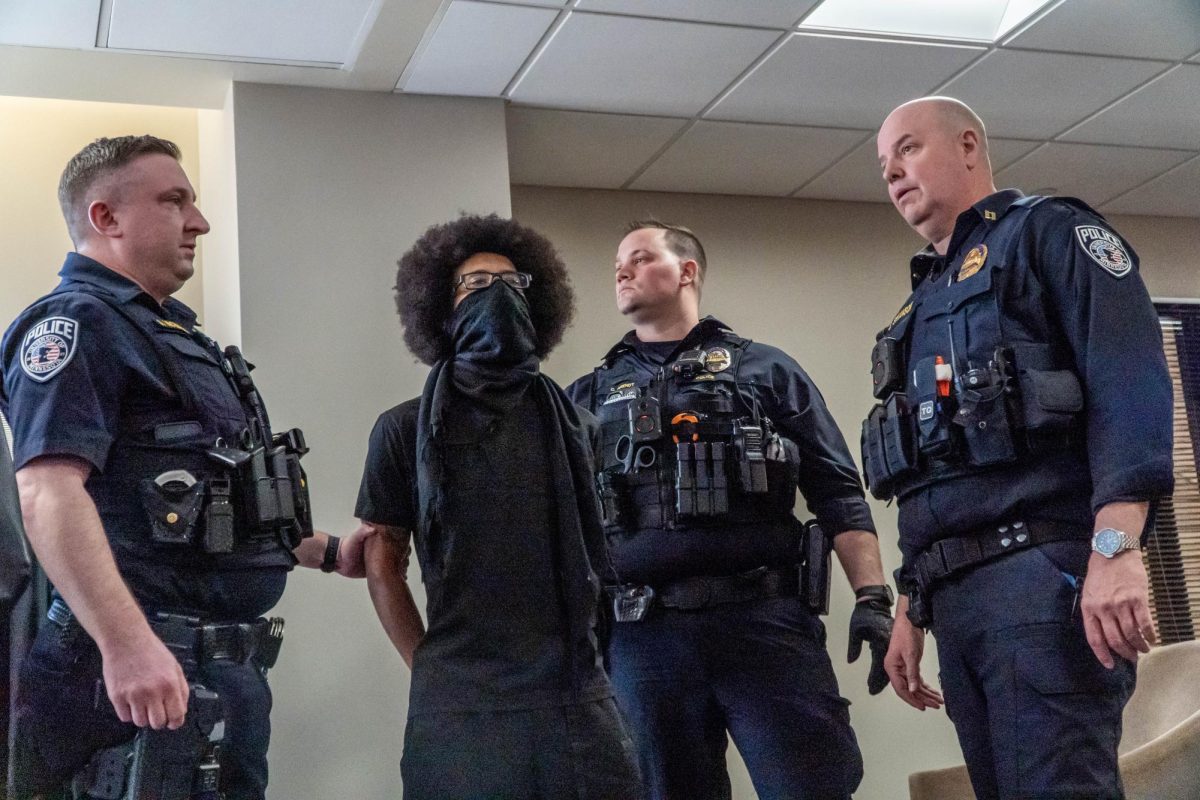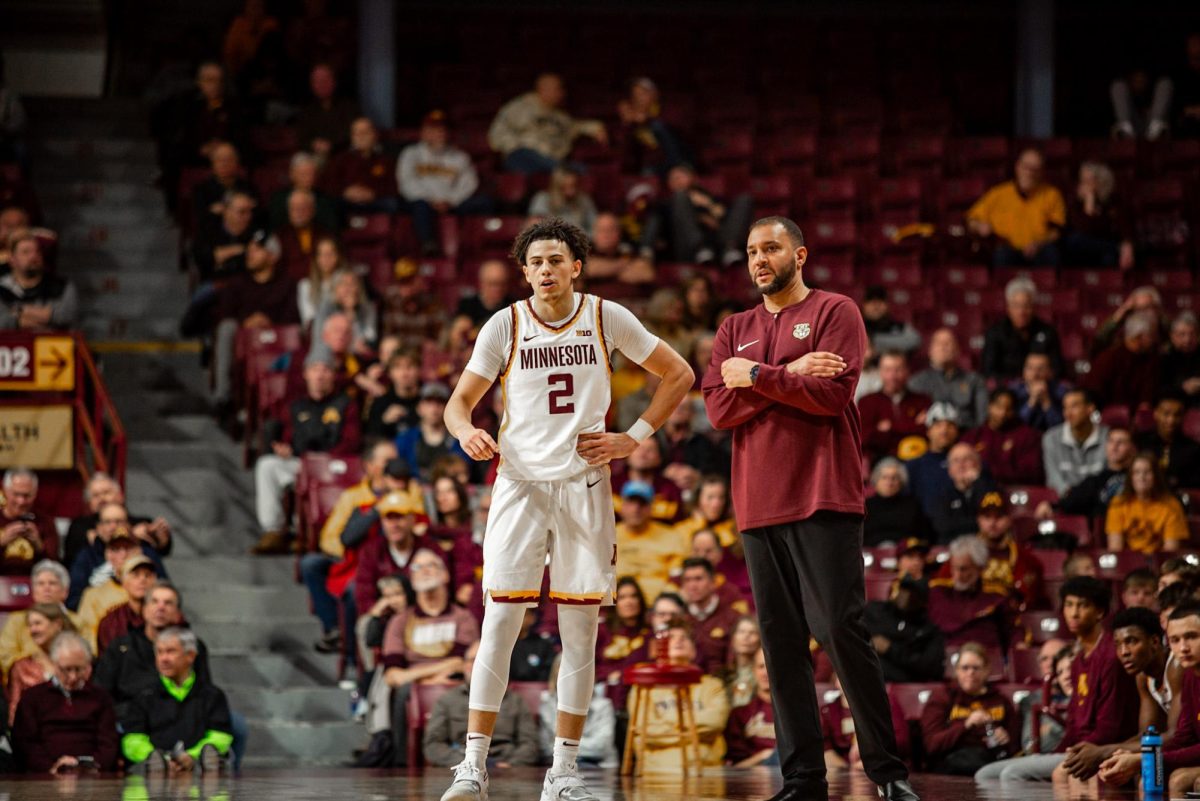When Lizzy Van Ert, a second-year transfer student, attended the University of Minnesota’s Welcome Week events last fall, an informational booth about the Student Organic Farm (SOF) stood out to her because of her interest in gardening and practicing sustainability.
Van Ert emailed SOF’s manager asking for a position to work on the farm and landed a paid internship in the fall. She helped maintain the farm by harvesting, cleaning and selling the farm’s produce while also planning events to help build awareness of the farm.
“It seemed like a really good way to get a more hands-on experience with a sustainable organization,” Van Ert said. “It also offered the opportunity to be around food and produce and just get to know other people who are interested in the same things.”
Since its conception in 2004, SOF has been a popular experiential learning opportunity for students like Van Ert, according to Mary Rogers, a professor in the College of Food, Agricultural and Natural Resource Sciences (CFANS).
Rogers said a group of students created the farm with administrative support. They received funding from the Minnesota Institute for Sustainable Agriculture (MISA) for the farm’s operations and to hire a full-time manager who ran the day-to-day operations.
Located next to the Leatherdale Equine Center on the St. Paul campus, the one-acre farm is a place where students can work a paid job, and it is also used in some CFANS classes as a learning exercise.
“It was an effort to create a space for students to practice the skills they were learning about in class,” Rogers said. “MISA is a center here in CFANS, and they really got on board as a supporter of this initiative.”
SOF struggles with funding following COVID-19
After several years of success, SOF came to a halt in 2020 because of the COVID-19 pandemic. MISA also experienced several budget cuts, making it difficult for them to continue to fund the farm, according to Rogers.
The following year, Rogers said many students asked her when the farm would come back, including students outside of CFANS.
Rogers wrote a proposal to reboot SOF, and the farm was awarded two years of funding through the School of Agriculture’s Endowed Chair. Rogers said the funds were necessary to pay a new full-time manager and student workers.
Rogers said she hired Tori Dahl as the SOF’s full-time manager because of her farming experience and desire to make education a priority.
“It’s hard to find someone who’s a really great educator that can work well with students but also knows what they’re doing as far as growing vegetables,” Rogers said. “When we saw Tori’s application, we knew she was the one.”
In its first year back on campus, the farm earned about $17,000 by selling its produce at farmers markets, online stores and pop-up markets at the Campus Club. While this money is just enough to pay the student workers on the farm, it falls short of what is needed to pay managers like Dahl, according to Rogers.
Dahl said she was aware of SOF’s funding situation before she took the position, but the experience has been worth it to her because she enjoys teaching students how to run a farm and seeing students get excited about working on their interests.
“It’s fun to see them connect concepts that they’ve learned in class,” Dahl said. “One of my students last year was really into soils, and he got to go from learning about this in the classroom to actually being on the farm and trying to adjust what we were doing so the soil could be even better.”
Van Ert said Dahl has been a necessary and helpful leader throughout her first year.
“She’s so experienced with farm work and knows exactly what she’s doing, and she really wants the ‘student’ part of the ‘Student Organic Farm’ to be pushed,” Van Ert said. “She’s not only the farm manager but she’s the backbone of the whole organization right now.”
Students write letter to CFANS dean
With one year of stable funding for SOF left, Van Ert wrote a letter in the fall to CFANS Dean Brian Buhr and Associate Dean Frances Homans asking for a guarantee of future financial security from the administration.
Van Ert said she worked with other students to include their perspectives on why SOF is an important learning opportunity, sending the letter shortly before winter break. Fifty-two students signed the letter.
Receiving no response initially, Van Ert followed up during winter break to make sure the letter was received. She was told the topic would be brought up during CFANS’ next budget meeting but has not received any updates since then, she said.
In an email statement to the Minnesota Daily, Buhr said the intent is to respond to the student letter when more research on the funding has been done.
“The funding conversation was regarding the certifications and management of the organic research plots that we support, as well as the student organic plots, and how those should be funded,” Buhr said. “We are committed to student education, and we are taking the approach that departments lead the academic efforts of their programs, which includes ensuring the finances are solid for these types of activities.”
Van Ert said she hopes SOF receives funding because of its ability to meet many students’ needs.
“You can take it as easy or as intense as you want to, and the farm is really good about catering to everyone’s interests,” Van Ert said. “It’s a welcoming community where we want to get people involved, so whatever you actually want to do, you will be able to.”


